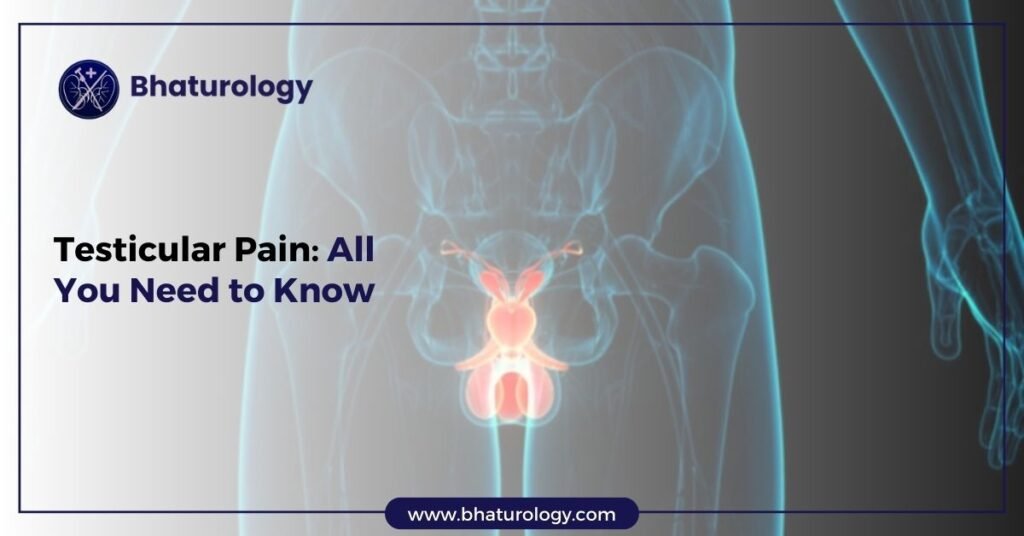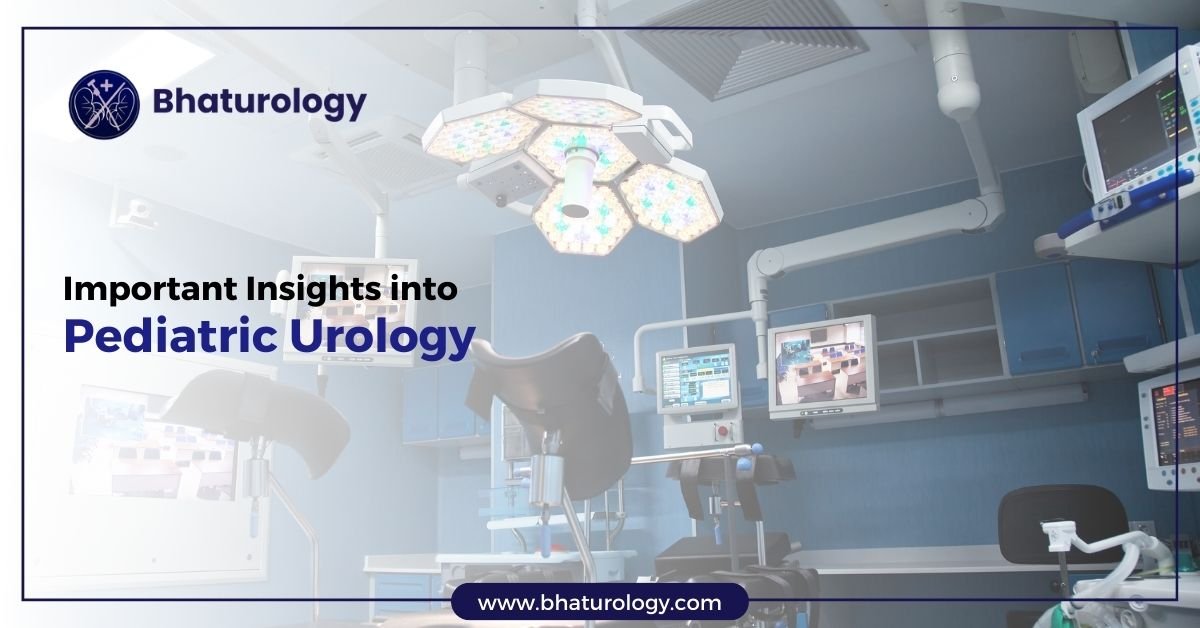Testicular pain can be a distressing experience for men, affecting their daily lives and causing significant concern. Understanding the causes, symptoms, and treatment options is crucial for addressing this condition effectively. This guide covers everything you need to know about testicular pain, from common causes to when you should see a doctor.
What is Testicular Pain?
Testicular pain is discomfort or pain felt in one or both testicles, the small oval organs within the scrotum. This pain can vary in intensity, from a dull ache to sharp, severe discomfort. It may be constant or intermittent and can sometimes radiate to the lower abdomen, groin, or back.
Is it Normal to have a Testicle Ache?
While occasional testicular discomfort can occur, persistent or severe pain is not normal and should be evaluated by a healthcare professional. Temporary aches may result from minor injuries, physical activity, or sexual arousal, but ongoing pain could indicate an underlying condition that requires medical attention.
What are the Common Causes of Testicle Pain?
Several factors can contribute to testicular pain, including:
- Injury or Trauma: Direct impact or injury to the testicles can cause significant pain.
- Infections: Conditions like epididymitis (inflammation of the epididymis) or orchitis (inflammation of the testicles) are common causes.
- Testicular Torsion: A medical emergency where the spermatic cord twists, cutting off blood supply to the testicle.
- Hernia: An inguinal hernia can cause pain that radiates to the testicles.
- Kidney Stones: Pain from kidney stones can radiate to the testicles.
- Varicocele: Enlarged veins in the scrotum can lead to discomfort and pain.
- Hydrocele: Fluid buildup around the testicle can cause swelling and pain.
What other Symptoms may Occur Alongside Testicular Pain?
Testicular pain may accompany other symptoms, depending on the underlying cause. These can include:
- Swelling or tenderness in the scrotum
- Redness or warmth in the scrotum
- Nausea or vomiting, especially in cases of testicular torsion
- Fever, chills, or flu-like symptoms if an infection is present
- Pain during urination or ejaculation
- A lump or mass in the testicle
How is Testicular Pain Diagnosed?
Diagnosis typically begins with a physical examination, where the doctor will assess the testicles and surrounding areas for swelling, tenderness, or lumps. Additional diagnostic tests may include:
- Ultrasound: A non-invasive imaging test to assess blood flow, detect torsion, and identify other abnormalities.
- Urine Tests: To check for infections or kidney stones.
- Blood Tests: To detect signs of infection or inflammation.
- Physical Examination: To assess for hernias or other causes of pain.
How is Testicular Pain Treated?
Treatment for testicular pain depends on the underlying cause:
- Infections: Antibiotics are prescribed to treat bacterial infections such as epididymitis or orchitis.
- Testicular Torsion: This condition requires emergency surgery to untwist the spermatic cord and restore blood flow.
- Pain Management: Over-the-counter pain relievers like ibuprofen can help alleviate mild discomfort.
- Supportive Care: Rest, ice packs, and wearing supportive underwear can reduce swelling and provide relief.
- Surgery: In cases of hernia, varicocele, or hydrocele, surgery may be necessary.
What are the Complications of Testicular Pain?
If left untreated, testicular pain can lead to severe complications, including:
- Loss of the Testicle: Testicular torsion, if not treated promptly, can result in the loss of the affected testicle.
- Infertility: Chronic conditions like untreated infections or varicoceles can impact fertility.
- Chronic Pain: Persistent pain may develop, even after treatment.
- Emotional Impact: Ongoing pain and concern about testicular health can lead to anxiety or depression.
How to Prevent Pain in the Testicles?
While not all causes of testicular pain can be prevented, you can take steps to reduce your risk:
- Wear Protective Gear: Use appropriate protective equipment during sports or activities that risk injury to the groin.
- Practice Safe Sex: Use condoms to reduce the risk of sexually transmitted infections.
- Regular Check-ups: Routine self-examinations and regular medical check-ups can help detect issues early.
- Manage Chronic Conditions: Addressing underlying health issues, such as varicoceles or hernias, can prevent complications.
When to See a Urology Doctor?
You should seek immediate medical attention if you experience:
- Sudden, severe testicular pain
- Pain accompanied by nausea, vomiting, or fever
- A testicle that appears swollen, red, or warm to the touch
- A lump or mass in the testicle
- Persistent pain that does not improve with home care
Testicular pain is a symptom that should not be ignored. Prompt diagnosis and treatment can prevent complications and ensure the best possible outcome for your health.



